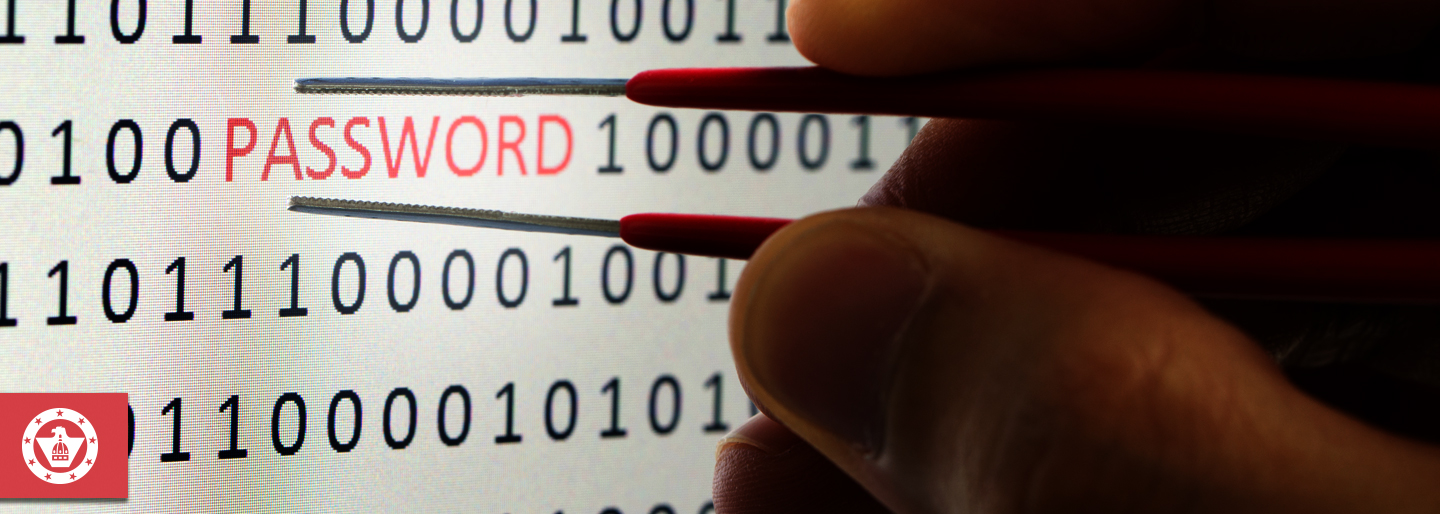What happened?
- On September 7, 2017, Equifax announced the records of approximately 143 million Americans were breached between May and July of this year.
- Hackers accessed people’s names, Social Security numbers, birth dates, addresses and, in some instances, driver’s license numbers. They also stole credit card numbers and dispute documents with personal identifying information.
- The biggest risk posed by this breach is the threat of identity theft.
- Equifax indicated that 209,000 credit card numbers were obtained in the breach, so those consumers should also monitor credit cards for unauthorized transactions.
- To determine if your information was compromised, consumers may visit https://www.equifaxsecurity2017.com/. There, you can also enroll in free credit monitoring “TrustedID Premier” for 1 year – regardless if your information was hacked or not.
- Customers can rest assured that CapFed® is committed to continuing our tradition of safeguarding confidential financial information. We use a combination of safeguards to protect your information – such as employee training, strict privacy policies, rigorous security standards and encryption systems.
- If it is reported by Visa® that CapFed debit cards are part of the compromise, we will reissue a replacement card and notify customers by letter.
- True Blue Online® allows customers to monitor their accounts regularly for fraudulent transactions. Customers who use our True Blue® debit card may also sign up for free Visa® Purchase Alerts. This service allows cardholders the ability to closely monitor their card transactions.
- If you should have any questions or concerns about activity on your accounts, please immediately call us at 1-888-822-7333.
- Equifax has agreed to waive all credit freeze fees for the next 30 days for people who want to freeze their Equifax credit files. However - It’s important that consumers understand the pros and cons to credit freezes and consider their personal situation. (Renting an apartment, getting quick credit in an emergency, taking advantage of a one-time offer, or even getting a cell phone, all require quick access to your credit report which is restricted during a freeze.)
- Fraud alerts are an alternative for people who are concerned about identity theft. It gives consumers added protection without limiting access to credit. A fraud alert puts a red flag on your credit report which requires businesses to take additional steps, such as contacting you by phone before opening a new account.
- If you wish to place a freeze or fraud alert on your files, you should contact the three major credit bureaus:
Equifax: Call 800-525-6285
Experian: Call 888-397-3742
TransUnion: Call 800-680-7289
- Be wary of e-mails that come from Equifax – hackers could be using phishing emails encouraging consumers to provide personal information. Equifax is only notifying the 209,000 consumers whose credit card information may have been affected via postal mail.
- To monitor your credit report, you can order a free copy of your credit report from all three credit reporting agencies at annualcreditreport.com. You are entitled to one free report from each of the credit bureaus, once per year.
Categories:
Safety and Security
, CapFed® News


